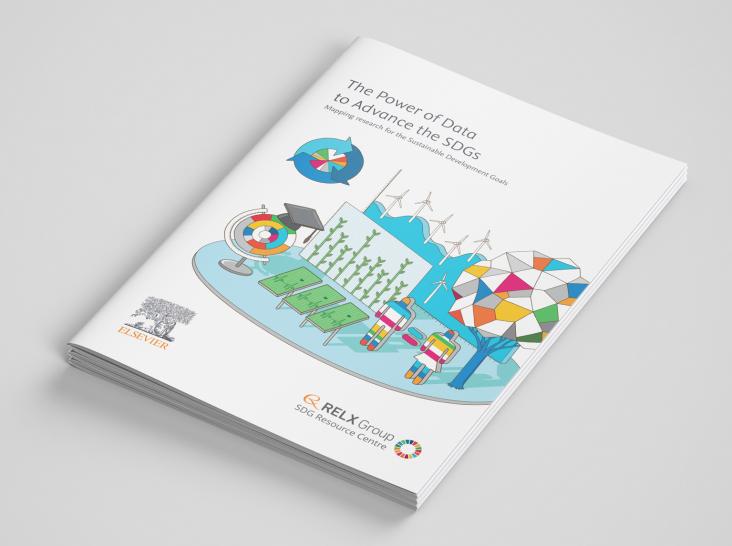This study explores how literacies are intertwined with social practices and shaped by ethnolinguistic and cultural histories, based on research with Indigenous language learners and facilitators in Mexico.

This study explores how visually impaired persons (VIPs) learn mathematical concepts, like the Pythagorean theorem, through tactile and haptic interaction with material objects rather than visual illustrations. Using video-recorded data and conversation analysis, the research highlights how transforming visual materials into tangible forms supports math learning.


Global citizenship is a key response in contemporary higher education which aims to prepare students to address present and future challenges. This study outlines the design, international virtual collaboration, for an undergraduate course to develop students' global citizenship competencies. International virtual collaboration works as an open-source instrument that provides an inclusive, equitable and low environmental impact solution to the internationalization of university students at home. The authors explain an iterative Participatory Action Research methodology to develop and enhance the present and anticipated positive societal impact of the course.
